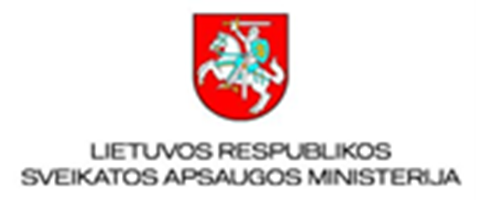National legislation on organ donation
Main Law references
Republic of Lithuania law on donation and transplantation of human tissues, cells and organs (19 November 1996 No I-1626)
Directive 2004/23/EC of the European Parliament and of the Council of 31 March 2004 (OJ 2004 L 102, p. 48-58)
Directive 2010/45/EU of the European Parliament and of the Council of 7 July 2010 (OJ 2010 L 207, p. 14)
Expression of consent or dissent to the donation and organs that can be donated
Consent statement form, provided by healthcare facilities and/or by a general practitioner.
Organs that can be donated
Living donations: a living donor can donate non-regenerative tissues and organs for transplantation only to a spouse, family member with a blood bond or through the method of paired up donation (Article 6 of the Law of 19 November 1996 N. I-1626 ); blood, bone marrow, muscle tissue and the amniotic membrane can also be donated
Donations after death: heart, lungs, kidneys, liver, pancreas, intestines, skin, bones, tendons, cartilage, corneas, heart valves and blood vessels
National laws on organ donation



